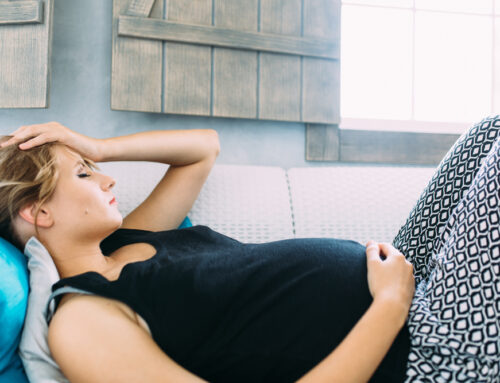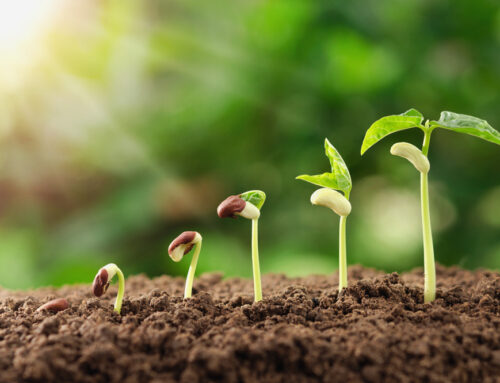Just in case you’re still wondering: No, menopause is not a disease! The cessation of menstrual periods around the age of 50 is a natural process for women. Many, if not most women, are actually glad that their menstrual cycles, the accompanying discomforts and mood swings, the risk of unplanned pregnancy, etc. are coming to an end. They are enjoying the freedoms that menopause brings along with it. It can even be a great relief to realize that your life and self-worth are no longer dominated as much by sex appeal and sexual desire—which is not to say that older women do not or can not enjoy their sexuality any longer!
Menopause in traditional societies
This part of our lifecycle has been with us since the beginning of humanity, so you can imagine that many cultures around the world developed ways to make sense of what’s happening in middle-aged women and to take care of their health. In every culture, herbal medicines were used to ease the symptoms and promote longevity. The role in the community of women after menopause also changed, and elderly women were often held in high regard for their wisdom and the contributions and sacrifices they made for the community as mothers.
Some of the better-known traditional medicines that hold a place for women’s health are yoga and Ayurvedic medicine, Western naturopathic medicine, and homeopathic medicine. As someone steeped in acupuncture and Chinese medicine, let me talk here primarily about the approaches I know best.
Healing in East Asia
Acupuncture is a form of energy medicine that is an integral part of East Asian medicine. Many different styles exist, and the practice of acupuncture continues to evolve in both the East and West. Acupuncture generally involves the insertion of filiform needles in carefully selected points on the body to stimulate and regulate the body’s own energy flow. Points, however, can also be stimulate with finger pressure, essential oils or heat. Moxibustion, the burning of mugwort near points, is a common companion to the insertion of needles. TDP heat lamps, electrical stimulation and laser are modern technologies.
Most acupuncture styles are based on the understanding that our energy circulates in the body through a well-organized system of channels or meridians to reach all organs and tissues. The even flow of this energy is quintessential for the healthy functioning of our bodies and minds. Acupuncture is a highly sophisticated therapy to restore free flow if our energy is stuck. The body uses the signals received through the acupuncture points to reduce pain, improve functioning of our internal organs, and to promote a sense of well-being.
In China and other countries of the East, however, herbal medicine is the primary health care modality of traditional medicine. Chinese herbal medicine has a documented tradition of several thousand years. In fact, we’re still using certain prescriptions that emerged before the common era. But herbal medicine also evolves continuously and has been investigated extensively in the academic field. Even highly respected medical and research institutions in the West are beginning to integrate Chinese herbal medicine in their approach to patient care.
Chinese herbal medicine is a professional medicine, prescriptions of medicinals are personalized and based on the diagnosis you receive from a credentialed and licensed practitioner of Chinese medicine. I usually prescribe combinations of Chinese herbs in granulated form because it makes their regular use easier and often more affordable. Classical formulas known to help relieve the signs and symptoms of menopause usually form the basis for individual prescriptions. They can be expanded and adjusted according to your individual needs and evolve over time along with them. But these prescriptions don’t just relieve your symptoms, they actually help you become healthier and more resilient as well.
© 2023 Christiane Siebert








Leave A Comment